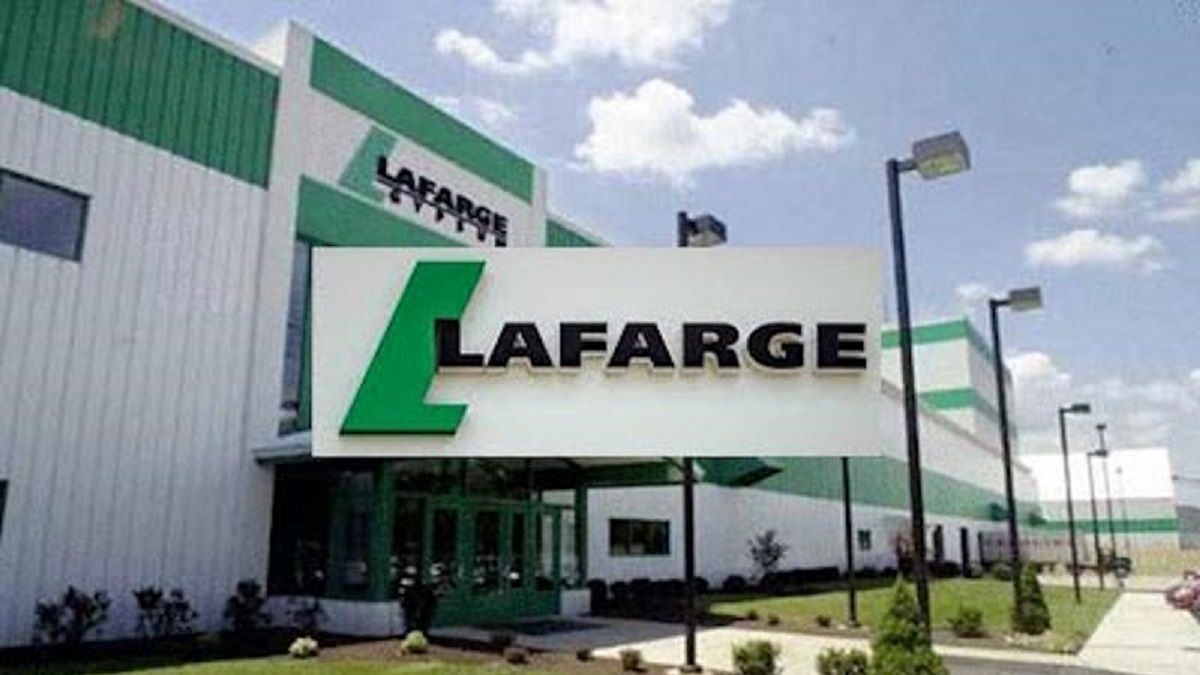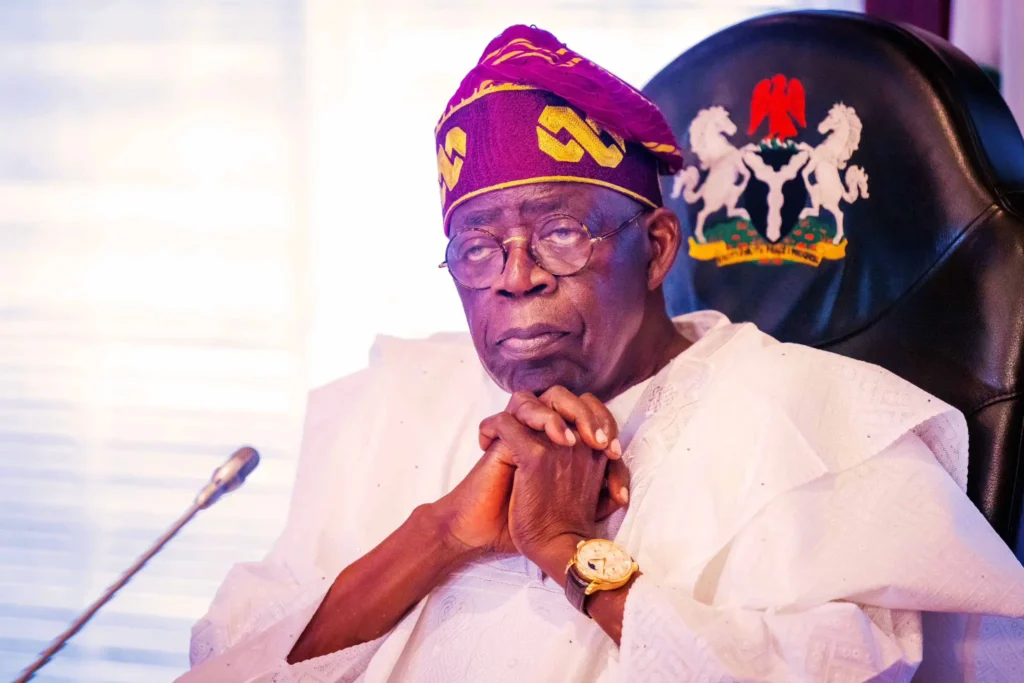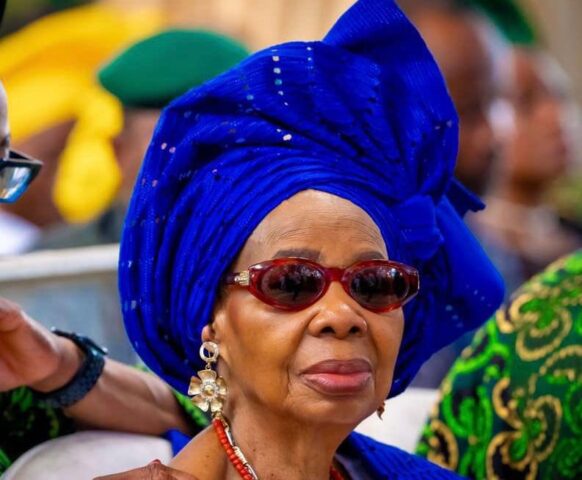Lafarge Africa Plc’s strong financial performance in the first half of 2025 has been praised by Bayo Onanuga, President Bola Tinubu’s Special Adviser on Information and Strategy, who claims that the outcomes highlight the benefits of continuing economic reforms in Nigeria.
Leading cement and building solutions provider Lafarge Africa reported an excellent H1 2025 performance, showing notable growth in all important financial metrics.
The company’s net sales increased by a significant 70% to N269 billion. Improved sales volumes, which were ascribed to increased plant stability and operational efficiency, were the main driver of this development.
Strong topline growth and ongoing operational efficiencies also contributed to an even more impressive increase in the company’s operating profit, which increased by 153%.
In the second quarter of 2025, its profit after taxes was N84 billion, a noteworthy 248% rise over the same period the year before. Lafarge Africa‘s PAT for the first half of 2025 was N133 billion.
The relative stability of the Naira, which lessened the foreign exchange losses that had severely affected the business the year before, was a major factor in this notable increase in profitability.
Onanuga used X (formerly Twitter) on Tuesday to comment on Lafarge Africa‘s results and draw attention to the wider economic ramifications.
He declared, “Those IDP politicians will never discuss this positive economic news.” Misinformation and disinformation are what they eat.
But they must realize that the stock market’s rise is due to the fact that many listed companies are now more profitable, which shows that the economy has significantly improved since President Tinubu’s reforms.
In his statement, Onanuga attributes Lafarge Africa’s success to the effectiveness of the current administration’s economic policies, arguing that the increased profitability of businesses such as Lafarge is a concrete indication of a more stable economic climate and a contributing factor to the recent spike in the Nigerian stock market.




